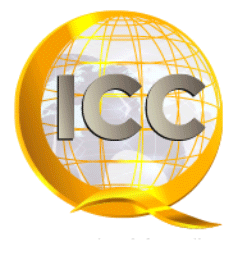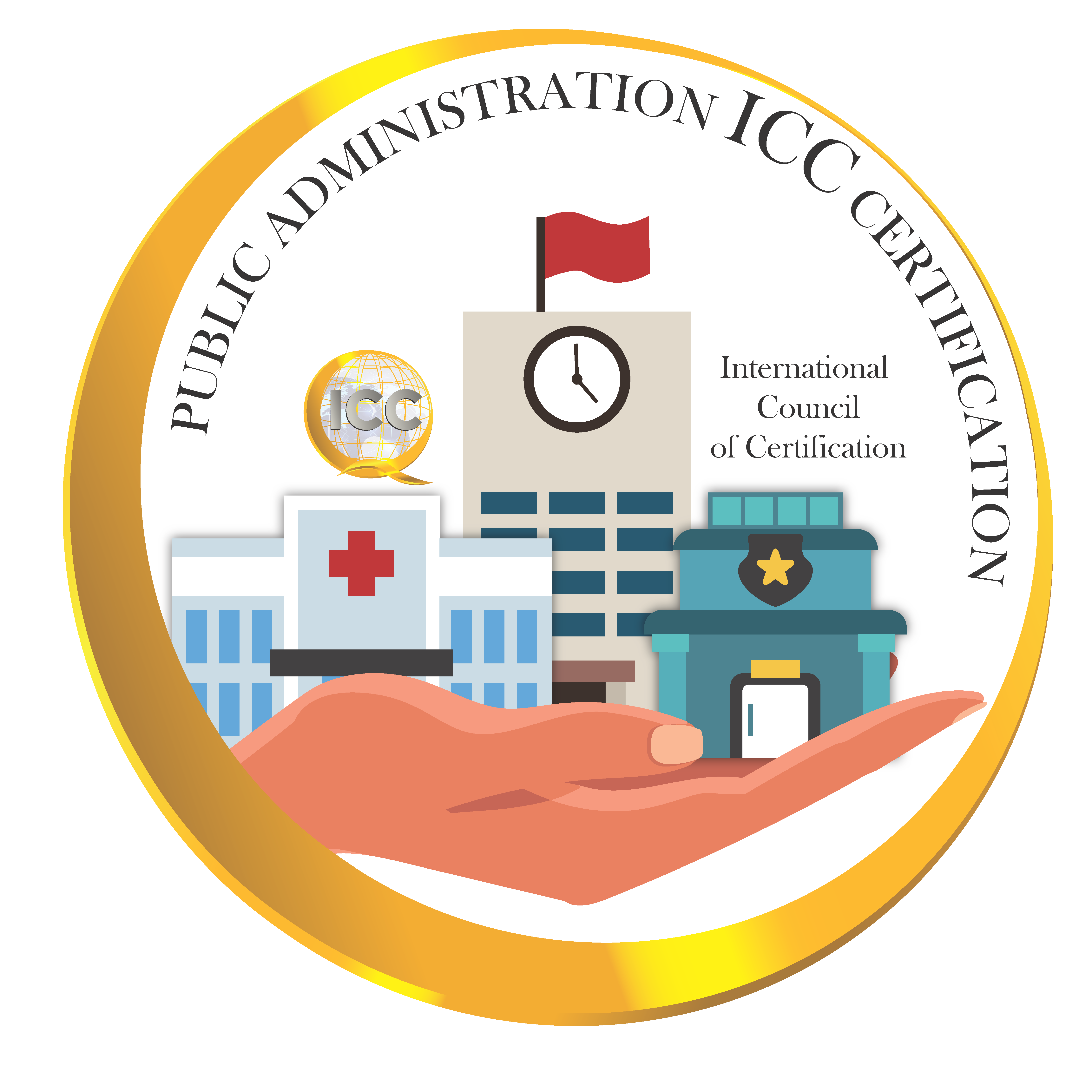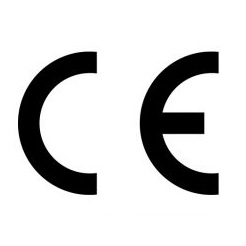


The International Council of Certification is the only Certification Authority in the World to certify the quality and management of services in Public National Administrations.
It provide general audit and advices for implementing of ICC International Standards for good and quick response of public services and general processes.
Anti-corruption management system
ISO 37001 certification
ISO 37001 “Anti-bribery management systems” aims to help public and private organisations in the fight against corruption by establishing a culture of integrity, transparency and compliance.
While the standard alone cannot guarantee the eradication of corruption, it can lend its help in implementing effective measures to prevent and address the corruption.
Service Details
The Anti-Bribery Management System can be a stand-alone system or be integrated into a global management system.
The client-organisation may choose to implement the Anti-Bribery Management System with, or as part of, other systems such as those involving Quality, Environment, and Security.
With respect to organisations subject to Italian law, the system may be part of the ‘’Organisation and Management Model’ adopted pursuant to Italian Legislative Decree 231/2001.
Certification Procedure
The compliance of the Management System with ISO 37001 is assessed through an audit programme that includes:
- initial audit in two stages
- surveillance audit in the first year
- surveillance audit in the second year
- certification renewal audit in the third year.
Application Guideline on UNI ISO 37001: 2016
With the UNI ISO 37001 standard, published at the end of 2016, it is now available on an international scale a voluntary certifiable standard which deals with anti-corruption and which, by adopting the same common structure (so-called “High Level Structure”) to all the others ISO standards on management systems of organizations, makes it easier to integrate with other widely used standards, such as ISO 9001 on quality management systems.
In summary, the UNI ISO 37001 standard, applicable to any public or private organization, regardless of the sector of activity, size or geographical location, establishes the requirements to plan, implement and maintain a system of management and control of corruption risks according to an approach that is divided into the following phases: analysis and assessment of corruption risks, planning and implementation of anti-corruption measures and controls, monitoring of their application and periodic review of the effectiveness and adequacy of the prevention system, so as to ensure continuous improvement.
The requirements of the voluntary standard UNI ISO 37001 therefore do not represent a novelty in an absolute sense since they take up principles, concepts and, in some cases, also typical prescriptive elements of systems and / or models of management, control and prevention of corruption risks provided by mandatory legal provisions or with proof of proof of the exemption from criminal liability of organizations (for example, in Italy, the Three-year Plans for the Prevention of Corruption and Transparency pursuant to Law 190/2012 and the Organization, Management and Control Models pursuant to Legislative Decree 231/2001, or anti-corruption measures pursuant to the US FCPA or the UK Bribery Act).
Similarly to the provisions for MOGC pursuant to Legislative Decree 231/2001 for the prevention of crimes relating to health and safety in the workplace, with the presumption of suitability of the requirements of the OHSAS 18001 standard, corresponding to those of the law (art. 30 of Legislative Decree 81/2008), the criteria of the UNI ISO 37001 standard can represent a valid and authoritative reference, recognized internationally, for the exempt model in the field of corruption. Furthermore, the certification of compliance with the UNI ISO 37001 standard by an independent third party can provide additional guarantees regarding the adequacy and effectiveness of the model for the purposes of proof of the exoneration.




